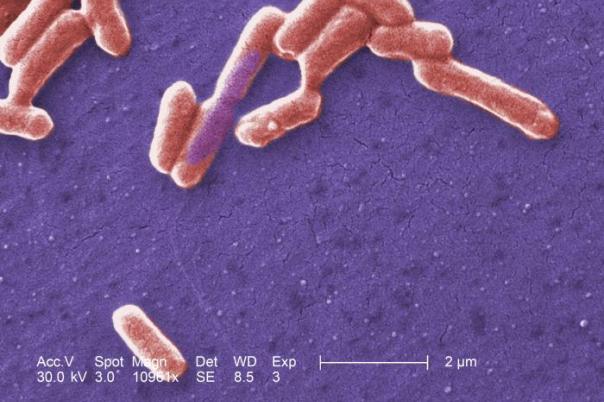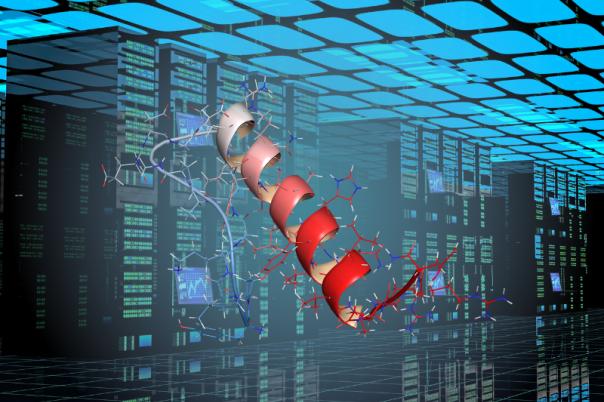Both the US Food and Drug Administration (FDA) and Health Canada have cleared a novel peptide-drug conjugate to enter a phase I clinical trial to treat triple negative breast cancer (TNBC). The candidate named PQ203 was developed by ProteinQure, a Canadian biotech focusing on biologics drug discovery using computational methods and machine learning.
Dave Garman, VP of Translation and Development at ProteinQure, said: “This is a major step forward for ProteinQure and for the field of rationally designed peptide therapeutics.”
The upcoming phase I clinical trial will take place in the US and Canada and assess PQ203’s safety, pharmacokinetics, and pharmacodynamics, as well as its anti-cancer activity. On top of its clearance to enter the clinic, the FDA has also granted ProteinQure Fast Track designation for PQ203, which is designed to speed up the review of drugs for an unmet clinical need.
“The Fast Track designation reflects the FDA’s recognition of the promise PQ203 holds for cancer patients, and we are thrilled to move swiftly into the clinic across North America,” added Garman.
PQ203 is a peptide-drug conjugate: a targeting peptide linked to an anticancer drug. The peptide portion of ProteinQure’s candidate targets the Sortilin receptor, a type I membrane glycoprotein that is highly expressed in TNBC tissues, and a novel target for this indication. That peptide is conjugated to the cytotoxic payload monomethyl auristatin E, a potent anti-cancer agent.
Preclinical data using patient derived xenograft models suggests that PQ203 exhibits anti-tumour efficacy. Furthermore, these studies included models that were resistant to the antibody drug conjugate Govitecan, the emerging standard of care for metastatic TNBC. Therefore, the peptide-drug conjugate could represent an additional line of treatment for patients that have not responded to Govitecan.
PQ203 was developed using ProteinQure’s proprietary drug discovery platform which uses computational biophysics modeling and machine learning to design new biologics.
The phase I trial will use accelerated titration to quickly find the optimal therapeutic dose. The company expects to begin their trial at Princess Margaret Cancer Centre in Toronto and expand to clinics in the US later this year.





